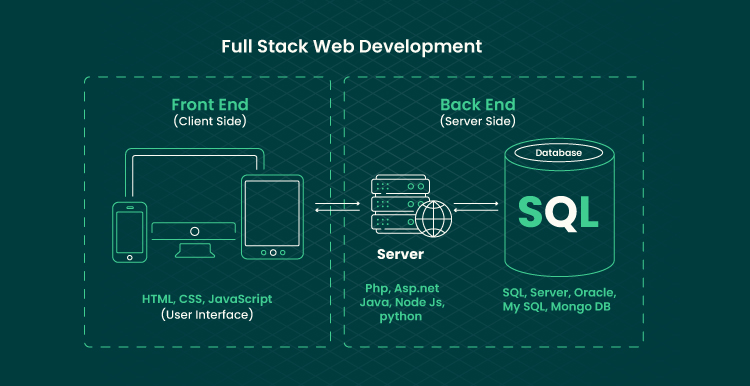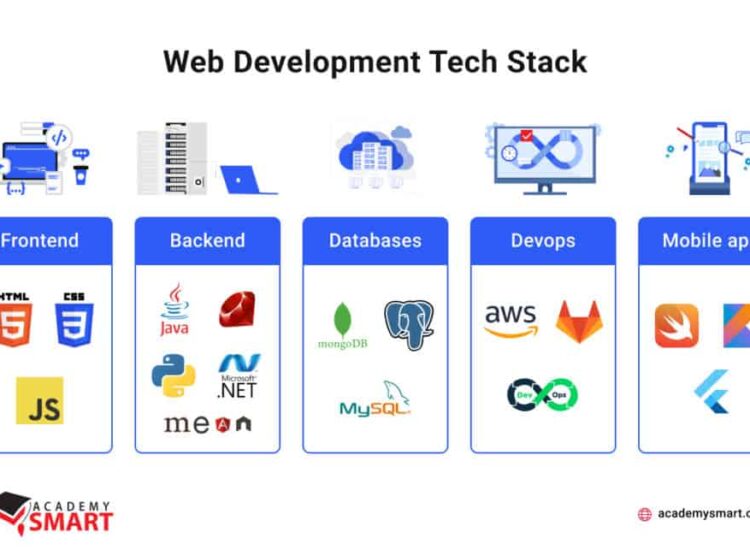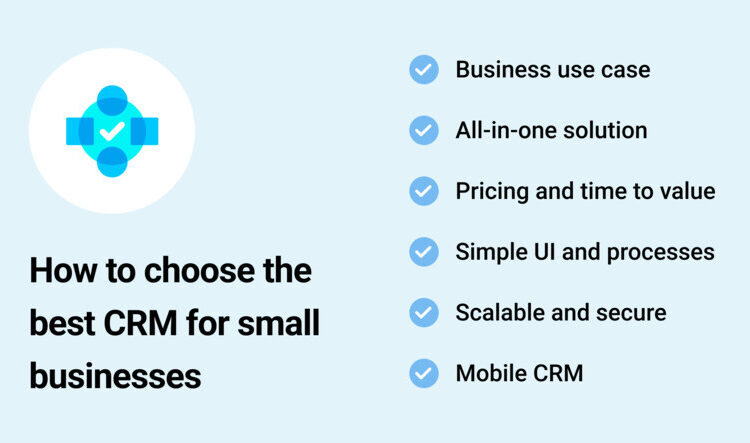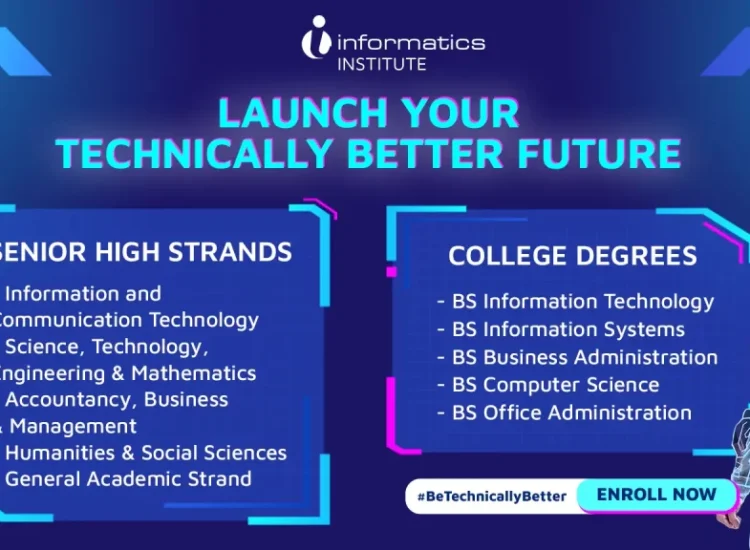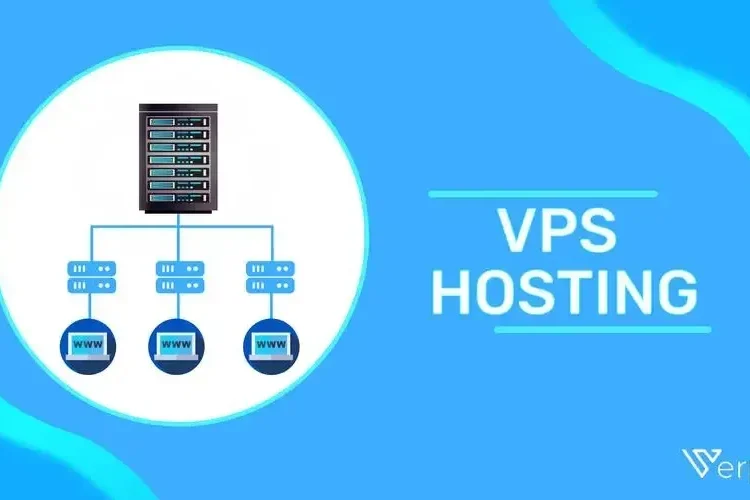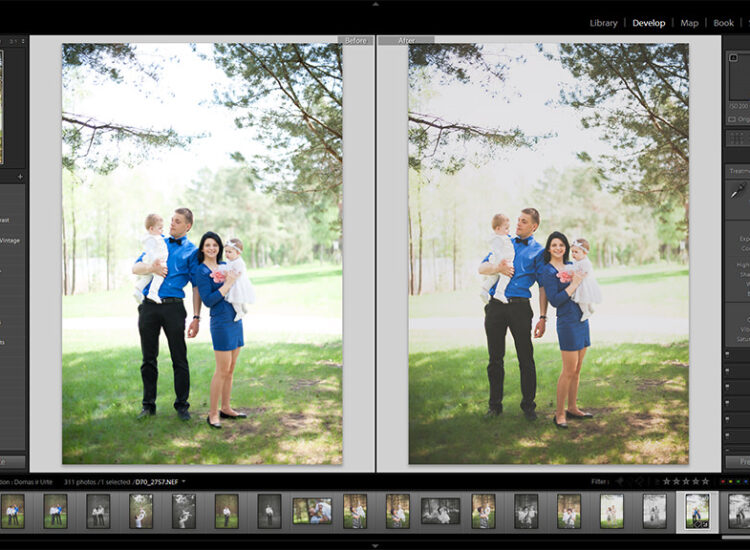The increasing adoption of B2B SaaS applications has created a pressing demand for sophisticated contract management solutions. While this software offers substantial benefits, including automated reporting and compliance monitoring, the initial investment and integration challenges can be significant. Choosing the right B2B SaaS contract management software necessitates careful evaluation of features, scalability, and cost.
Toc
- 1. Current Trends in B2B SaaS Contract Management
- 2. Understanding the Costs of Inefficient SaaS Contract Management
- 3. Mitigating Legal and Financial Risks with B2B SaaS Contract Management Software
- 4. Streamlining SaaS Spend Analysis and Reporting
- 5. Related articles 01:
- 6. Automating Renewal Processes and Ensuring Compliance
- 7. Identifying and Eliminating SaaS Waste: Best Practices
- 8. Budgeting and Forecasting for SaaS Expenses
- 9. Related articles 02:
- 10. Selecting the Right B2B SaaS Contract Management Software
- 11. Conclusion
In today’s digital landscape, finance professionals must prioritize effective contract management to optimize costs and mitigate risks associated with SaaS contracts. This article explores the essential components of B2B SaaS contract management software, highlighting the best solutions available and strategies to enhance financial management.
Current Trends in B2B SaaS Contract Management
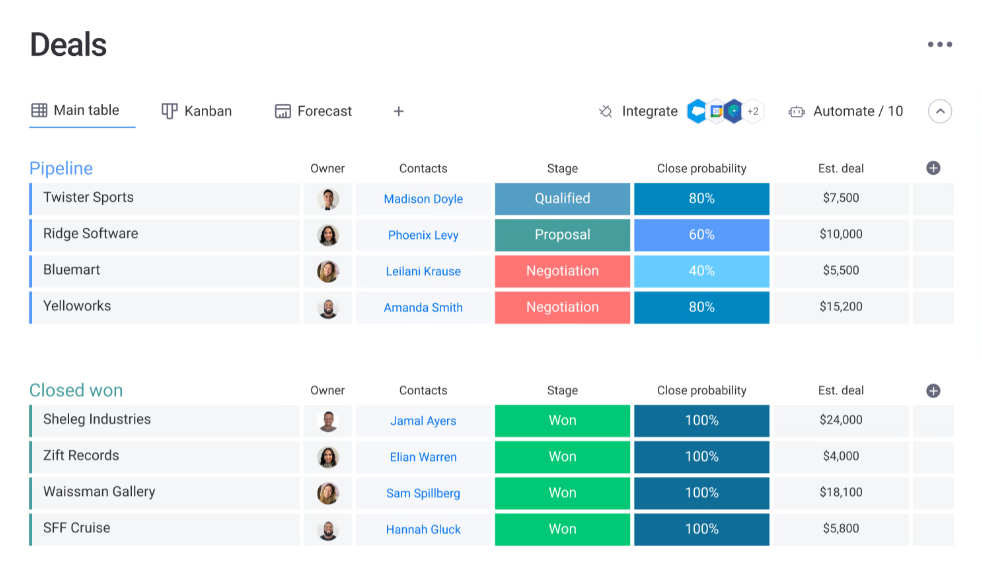
To understand the evolving landscape of B2B SaaS contract management, it is crucial to consider recent trends impacting the industry:
- AI-Powered Contract Analysis Tools: The rise of artificial intelligence is transforming how organizations manage contracts. AI tools can analyze contract language, identify potential risks, and suggest optimizations, allowing finance teams to manage contracts more efficiently and accurately.
- Blockchain for Contract Security: The adoption of blockchain technology is gaining traction in contract management. By providing a decentralized and tamper-proof ledger, blockchain can enhance the security of contract data and streamline the verification processes for all parties involved.
- Increased Focus on Compliance Automation: As regulatory requirements become more stringent, organizations are increasingly adopting automation tools to ensure compliance. These tools help finance professionals streamline adherence to regulations like GDPR and HIPAA while minimizing the risk of non-compliance.
Understanding the Costs of Inefficient SaaS Contract Management
Inefficient management of SaaS contracts can lead to significant, often overlooked expenses that organizations frequently underestimate. Manual processes such as searching for contracts, tracking renewal dates, and reconciling invoices can waste valuable time and resources. Studies indicate that finance professionals may spend up to 20% of their work hours on these repetitive tasks. This inefficiency translates into substantial annual costs for organizations, particularly when considering the average employee salary. For example, a finance team member earning $60,000 annually could waste around $12,000 due to ineffective contract management.
Moreover, a study by the Aberdeen Group found that poor contract management can lead to an average of 9.2% of total revenue lost each year due to missed renewals, compliance violations, and inefficient processes. This broader context illustrates the financial impact of contract mismanagement across various industries, emphasizing the critical need for effective B2B SaaS contract management software.
Time Wasted on Manual Tasks
The time consumed by manual tasks related to contract management can significantly hinder overall productivity. Searching for contracts, tracking renewal dates, and reconciling invoices often divert finance professionals from strategic initiatives. By implementing the best B2B SaaS contract management software, organizations can reclaim this time and redirect it toward value-added activities, ultimately enhancing employee morale and operational efficiency.
Financial Consequences of Errors
The financial repercussions of errors stemming from manual processes can be severe. A missed renewal might lead to unexpected charges, which could have been avoided with proactive contract management. For instance, a company could incur additional costs due to auto-renewals of services no longer in use, costing organizations thousands of dollars annually. Consequently, finance teams must recognize the importance of adopting B2B SaaS contract management software to automate these processes, eliminate inefficiencies, and ultimately save costs.
Mitigating Legal and Financial Risks with B2B SaaS Contract Management Software
The landscape of legal and financial risks associated with SaaS contracts is complex and ever-evolving. Organizations must remain vigilant in managing compliance with various regulations to avoid penalties and reputational harm. B2B SaaS contract management software plays a pivotal role in ensuring compliance through standardized contracts and automated workflows.
Compliance with GDPR and HIPAA
Understanding the compliance requirements related to data privacy regulations such as GDPR and HIPAA is essential for finance professionals. Non-compliance can lead to significant fines and potential damage to an organization’s reputation. The best B2B SaaS contract management software can help organizations implement standardized contract templates that adhere to these regulations, ensuring compliance from the outset.
In addition to fines, the implications of contract breaches extend beyond financial penalties. Reputational damage and loss of customer trust can be devastating. For example, in 2017, Equifax suffered a massive data breach that exposed sensitive customer information, resulting in significant fines and a dramatic loss of consumer trust. The aftermath of this incident highlighted the importance of robust contract management practices, reinforcing the need for effective compliance monitoring.
Best Practices for Contract Standardization
Standardizing contracts across the organization can minimize legal risks and streamline the approval process. By utilizing contract management software, finance teams can create templates that incorporate necessary legal language and compliance clauses. This approach reduces the likelihood of errors and ensures that all contracts meet regulatory requirements.
Streamlining SaaS Spend Analysis and Reporting
One of the key advantages of B2B SaaS contract management software is the establishment of a centralized contract repository. This feature allows finance professionals to store all SaaS contracts in one easily accessible location, eliminating the time spent searching through emails or shared drives.
Centralized Repository for Easy Access
A centralized repository enhances collaboration among team members, as they can quickly retrieve important contract details when needed. This centralization also supports efficient reporting and analysis. Finance teams can use the software to generate customized reports on SaaS spend, contract status, compliance, and usage. For instance, reports can reveal spending trends by department, enabling teams to identify areas where costs can be reduced.
2. https://tech.banktop.vn/mmoga-a-students-guide-to-securing-a-virtual-private-server-free
3. https://tech.banktop.vn/mmoga-saas-software-as-a-service-a-comprehensive-guide-for-business-owners
4. https://tech.banktop.vn/mmoga-your-ultimate-guide-to-virtual-private-server-windows-for-smbs
5. https://tech.banktop.vn/mmoga-paas-in-cloud-computing-a-complete-guide-for-it-managers
Automated Reporting and Dashboards
Automated reporting and dashboards are essential features of B2B SaaS contract management software. These tools allow finance teams to generate real-time insights into their SaaS spending, contract performance, and vendor compliance. For example, finance professionals can create dashboards that visualize metrics such as total spend, contract expiration dates, and user access levels.
By leveraging these insights, finance teams can proactively manage their SaaS contracts and negotiate better terms with vendors. Automated reporting also reduces the manual effort required to compile data, allowing finance professionals to focus on strategic initiatives rather than administrative tasks.
Integration with Financial Systems
Seamless integration with existing financial systems is another crucial aspect of effective SaaS contract management. By connecting contract management software with ERP, accounting, and budgeting systems, organizations can streamline data flow and improve the accuracy of financial reporting. For example, integrating contract management software with an ERP system allows for real-time updates on contract-related expenses, ensuring that finance teams have a comprehensive view of their SaaS spending.
This integration also facilitates better budget forecasting and planning. By analyzing historical data on SaaS expenses, finance professionals can make informed decisions about future spending and resource allocation.
Automating Renewal Processes and Ensuring Compliance
One of the most significant benefits of B2B SaaS contract management software is automating the renewal process. Automated renewal reminders and notifications help finance teams stay on top of important contract deadlines. For instance, the software can send alerts 30, 60, or even 90 days before a renewal date, giving teams ample time to review contract terms and usage data.
Streamlined Approval Workflows
Contract approval workflows can often become bottlenecks in the contract management process. B2B SaaS contract management software allows organizations to automate these workflows, reducing delays and ensuring timely renewals. By defining approval hierarchies and automating notifications, finance teams can streamline the contract approval process.
For example, the software can automatically route contracts to the appropriate stakeholders for review and approval, minimizing manual effort and potential errors. This efficiency not only accelerates the renewal process but also enhances overall compliance with contractual obligations.
Compliance Monitoring and Auditing Capabilities
Another critical feature of B2B SaaS contract management software is its ability to monitor compliance with contract terms and regulatory requirements. The software can track key performance indicators (KPIs) related to compliance, such as adherence to service level agreements (SLAs) and data protection standards.
In addition, automated auditing capabilities simplify the compliance review process. Finance teams can easily generate audit reports that provide insights into contract performance, usage patterns, and compliance status. This transparency allows organizations to address any compliance issues proactively and maintain a strong reputation in the marketplace.
Identifying and Eliminating SaaS Waste: Best Practices
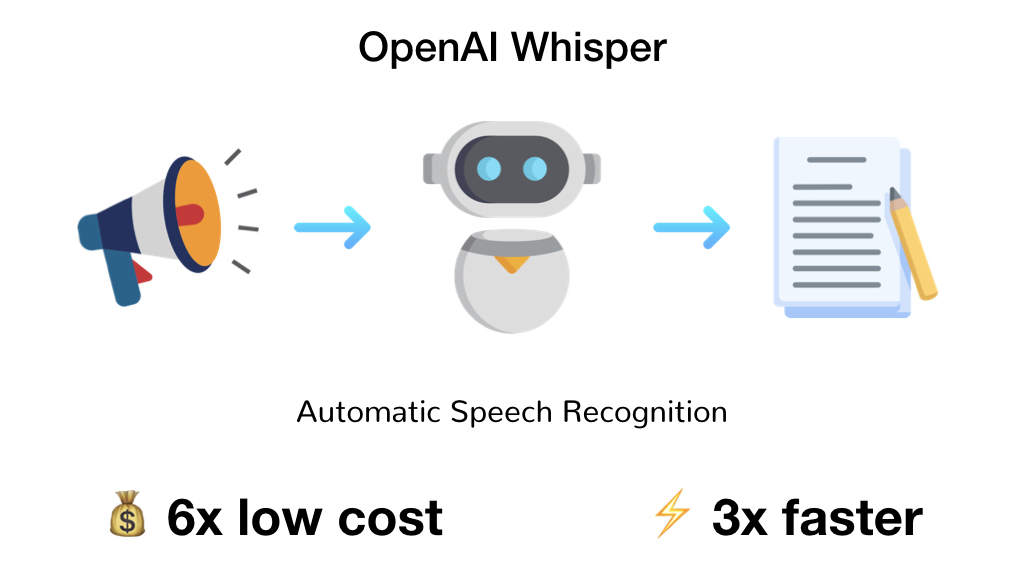
Identifying unused licenses and applications is a vital component of effective SaaS contract management. B2B SaaS contract management software can analyze license utilization data, helping finance teams uncover underutilized software and subscriptions. By identifying these unused licenses, organizations can reclaim resources and reduce unnecessary expenditures.
Detecting Duplicate Subscriptions
Duplicate subscriptions can be a significant source of waste in SaaS spending. B2B SaaS contract management software can help organizations identify duplicate subscriptions by analyzing usage patterns and contract details. By consolidating duplicate subscriptions, finance teams can streamline their software portfolio and eliminate unnecessary costs.
For example, if two departments within an organization are using different subscriptions for similar software solutions, the finance team can work with stakeholders to consolidate these subscriptions into a single agreement. This consolidation not only reduces costs but also simplifies contract management.
Right-Sizing Licenses for Optimal Usage
Right-sizing licenses is an essential practice for managing SaaS expenses effectively. B2B SaaS contract management software can provide insights into actual software usage, enabling finance professionals to adjust license counts based on real needs. For example, if the software indicates that a certain application is only being used by a fraction of the licensed users, the finance team can consider reducing the number of licenses.
This data-driven approach ensures that organizations only pay for the software they need, optimizing their SaaS spending. By implementing right-sizing strategies, finance teams can enhance cost efficiency and improve their overall financial health.
Budgeting and Forecasting for SaaS Expenses
Predictive analytics is a powerful tool that B2B SaaS contract management software can offer to finance professionals. By analyzing historical data on SaaS spending, finance teams can forecast future expenses more accurately. This capability allows organizations to plan their budgets effectively and allocate resources where they are needed most.
1. https://tech.banktop.vn/mmoga-saas-software-as-a-service-a-comprehensive-guide-for-business-owners
2. https://tech.banktop.vn/mmoga-paas-in-cloud-computing-a-complete-guide-for-it-managers
3. https://tech.banktop.vn/mmoga-your-ultimate-guide-to-virtual-private-server-windows-for-smbs
4. https://tech.banktop.vn/mmoga-a-students-guide-to-securing-a-virtual-private-server-free
Tools and Templates for Budget Management
B2B SaaS contract management software often includes budgeting tools and templates that assist finance teams in creating and managing SaaS budgets. These tools allow organizations to set budget limits for individual departments, monitor spending in real-time, and adjust allocations as necessary.
For instance, finance professionals can establish budget thresholds for each department and receive alerts when spending approaches these limits. This level of control ensures that organizations remain within budget while effectively managing their SaaS contracts.
Scenario Planning and What-If Analysis
Scenario planning and what-if analysis are essential for assessing the impact of various factors on SaaS spending. B2B SaaS contract management software can model different scenarios, helping finance teams evaluate potential outcomes based on changes in software usage, pricing, or vendor performance.
For example, if a finance team is considering switching to a new vendor, they can use the software to simulate the financial implications of this decision. This capability enables organizations to make data-driven choices and mitigate risks associated with SaaS spending.
Selecting the Right B2B SaaS Contract Management Software
Choosing the right B2B SaaS contract management software involves careful consideration of various factors. Finance professionals should evaluate features, integrations, scalability, cost, and vendor support when selecting a solution. A thorough assessment of these elements will ensure that the software aligns with the organization’s needs and objectives.
Key Features to Look For
Organizations should prioritize features that support automation, reporting, and compliance monitoring. The best B2B SaaS contract management software includes tools for automated reminders, centralized repositories, and robust reporting capabilities. Additionally, seamless integration with existing financial systems is crucial for optimizing data flow and improving reporting accuracy.
Understanding Pricing Models
Understanding the pricing models associated with contract management software is essential for effective budgeting. Organizations should explore both free and paid options to determine which solution best fits their financial constraints. While some software may offer a free tier, others may have subscription-based pricing with various tiers based on features and user counts.
For finance professionals, it’s vital to consider the long-term costs associated with contract management software. Evaluating the total cost of ownership, including potential hidden fees, will help organizations make informed decisions about their software investments.
Vendor Selection Criteria
Beyond features and pricing, selecting the right vendor is critical for ensuring a successful implementation. Organizations should evaluate potential vendors based on security certifications (such as ISO 27001), reputation in the industry, and customer support offerings. A reputable vendor with a proven track record can provide additional peace of mind and ensure the longevity of the software solution.
Industry-Specific Software Considerations
In some cases, industry-specific requirements may influence the choice of B2B SaaS contract management software. For example, construction companies may require specialized features to manage contracts related to project management and compliance. Understanding these unique needs is essential when selecting a solution that meets the organization’s specific requirements.
By conducting thorough research and consulting with contract management companies, finance professionals can identify the best B2B SaaS contract management software for their organizations.
Conclusion
In summary, leveraging B2B SaaS contract management software is essential for finance professionals seeking to optimize costs, enhance compliance, and improve overall efficiency. By addressing the challenges of ineffective contract management, organizations can streamline their SaaS spending and make informed decisions that drive financial success. Implementing a suitable contract management solution will empower finance teams to take control of their SaaS contracts and unlock the full potential of their software investments. Proactive contract management not only mitigates risks but also contributes to improved ROI, making it a critical component of successful financial management in the digital age.
Consider exploring different B2B SaaS contract management software options to find the best fit for your organization’s needs. Start optimizing your SaaS contracts today!
